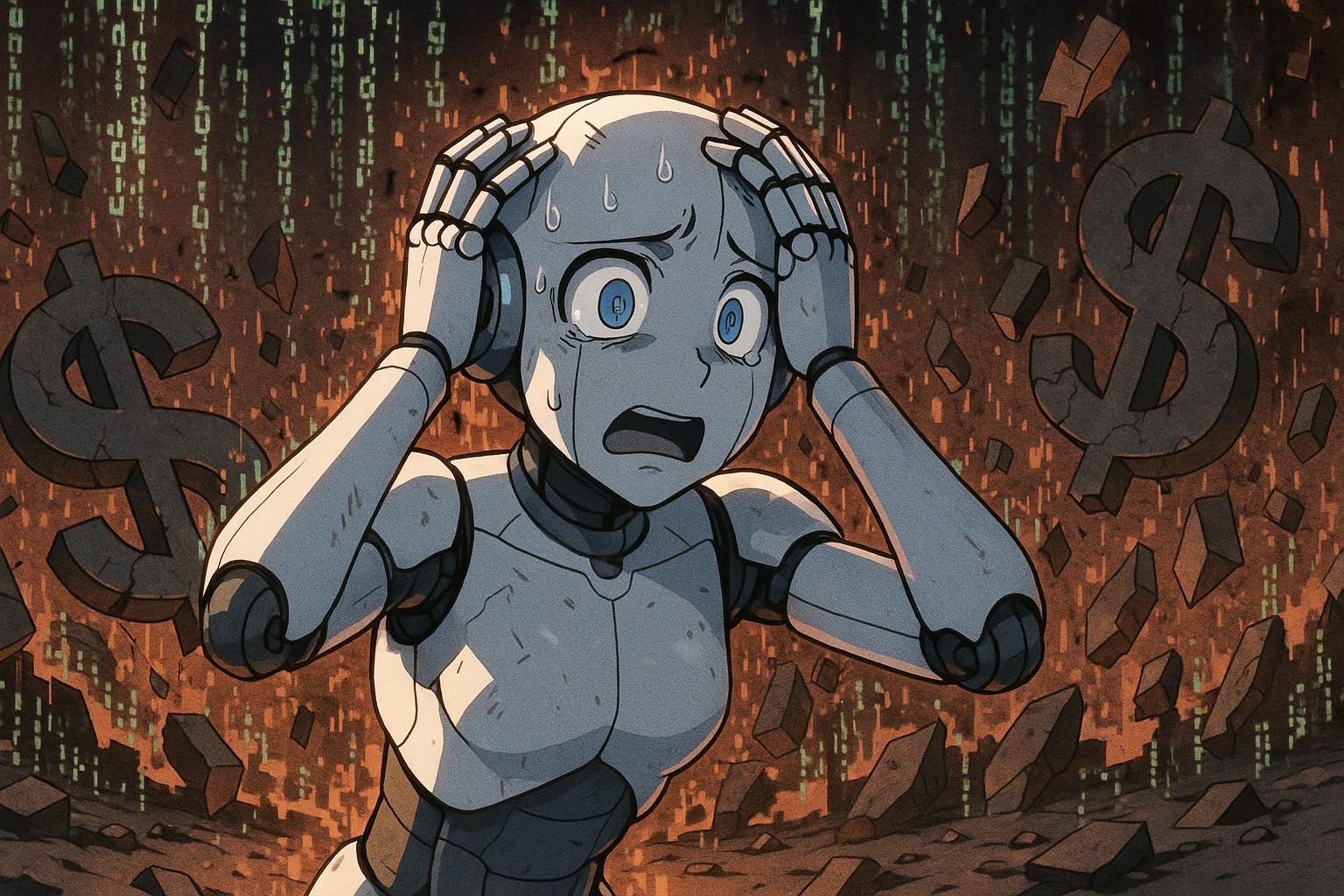Once hailed as a rising star in the artificial intelligence sector, British tech startup Builder.ai has filed for bankruptcy, marking a dramatic fall for a company that was valued at $1.5 billion merely months prior. Backed by major investors such as Microsoft and the Qatar Investment Authority (QIA), Builder.ai is now under scrutiny by both UK and US authorities following allegations of inflated financial statements and misleading claims about its technological capabilities.
The crisis at Builder.ai became apparent when creditor Viola Credit seized $37 million from the company’s accounts, a move prompted by alleged breaches of loan terms involving a $50 million loan issued in 2023. This seizure drastically reduced Builder.ai’s available funds to just $5 million, which remains stuck in Indian accounts due to currency transfer restrictions, as explained by CEO Manpreet Ratia. The situation intensified with news that most employees have been laid off, a reflection of the company’s escalating financial woes.
Builder.ai aimed to revolutionise the software development landscape, boasting its ability to generate custom applications through AI in mere days or weeks. Their platform was marketed as capable of producing production-ready code with minimal human intervention. However, an investigation led by Bloomberg painted a starkly different picture, revealing that Builder.ai had relied extensively on a network of over 700 human engineers contracted from Indian tech company VerSe Innovation. Rather than the advertised AI-driven creation, the development of custom applications involved substantial manual work based on pre-existing templates.
In an even more troubling revelation, allegations surfaced regarding “round-tripping” transactions between Builder.ai and VerSe, in which both companies reportedly billed each other for nearly identical amounts to create the facade of commercial activity and inflated revenue. Sources indicate that Builder.ai may have falsely claimed about $60 million in revenue from these transactions, with funds exchanged often resulting in no real goods or services being delivered. This has raised serious questions about the authenticity of financial figures presented to investors.
While VerSe cofounder Umang Bedi has strongly denied the accusations, labelling them as “absolutely baseless and false,” the ongoing investigation suggests that significant gaps exist between Builder.ai’s promises and their actual output. The company recently acknowledged that it would have to revise its 2024 revenue forecasts downwards by an astonishing 300%, a stark admission that followed inquiries triggered by former employees. This evaluation led Builder.ai to hire auditors to assess its financial records from the past two years, an essential step toward transparency amid growing concerns regarding its financial integrity.
These events echo skepticism regarding Builder.ai’s actual technological prowess, which has been voiced since at least 2019. A report from the Wall Street Journal then indicated that internally, many viewed the company's operations as “all engineer, no AI.” Despite these red flags, sizeable investments continued to pour in, and Builder.ai maintained its image as a formidable AI disruptor—until the recent financial scrutiny exposed underlying issues.
The collapse of Builder.ai signals a shift in the landscape for AI startups, raising critical questions about accountability and due diligence in a field often characterised by exuberant investments and lofty claims. With ongoing investigations and a restructuring process under Ratia's leadership, the company finds itself at a pivotal moment. As it grapples with its recent failures and aims for recovery, Builder.ai serves as a striking cautionary tale at the intersection of hype, technology, and financial reality.
📌 Reference Map:
- Paragraph 1 – [1], [4]
- Paragraph 2 – [1], [3], [5]
- Paragraph 3 – [2], [6]
- Paragraph 4 – [1], [5], [7]
- Paragraph 5 – [2], [3]
- Paragraph 6 – [1], [2], [5]
- Paragraph 7 – [1], [3], [4]
Source: Noah Wire Services
